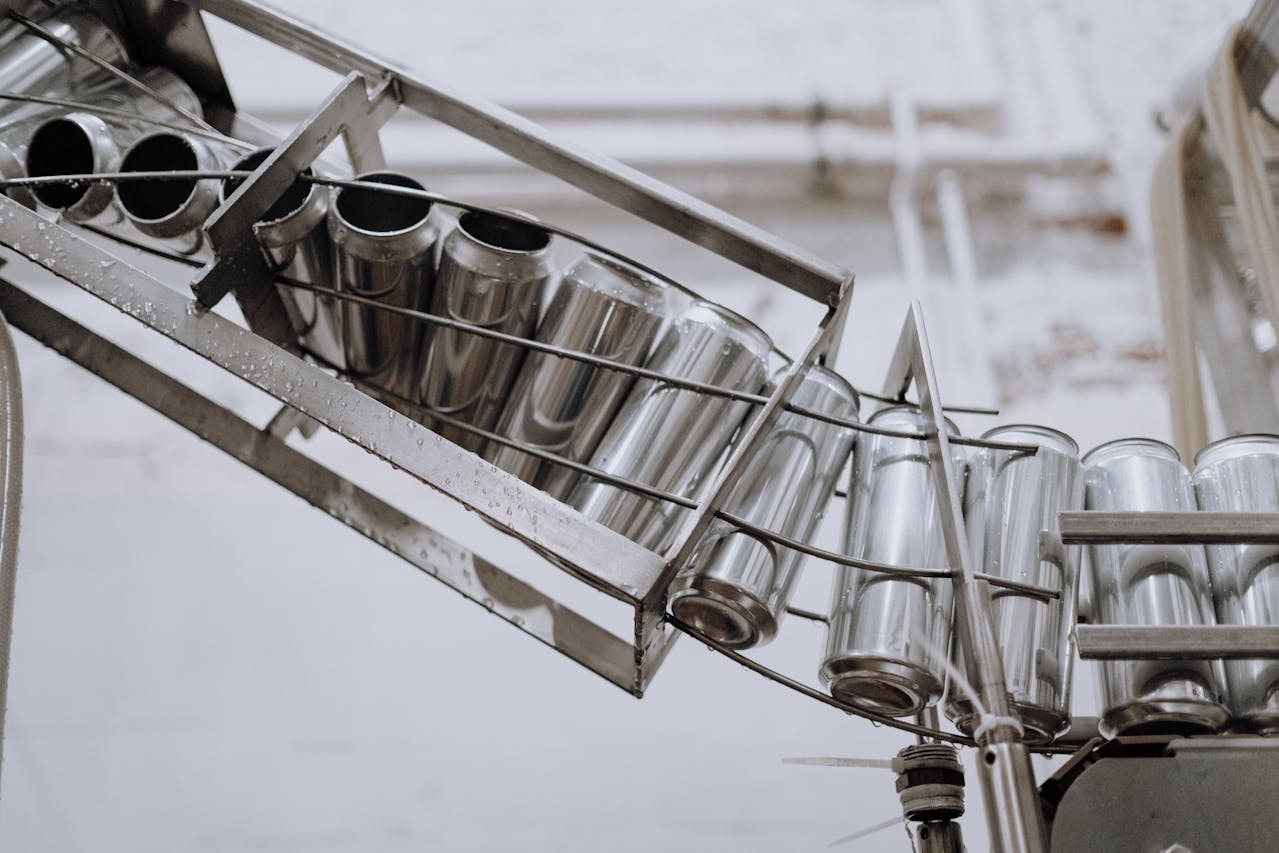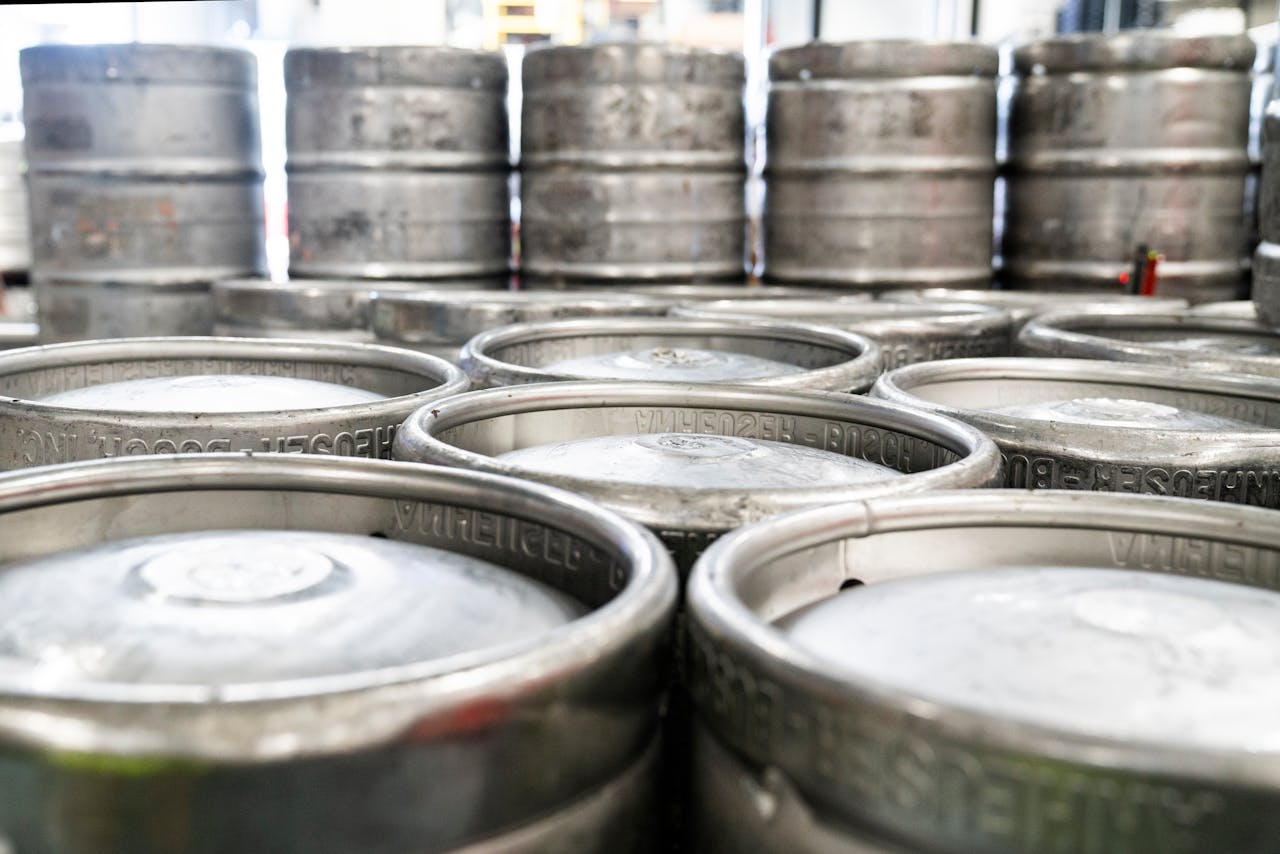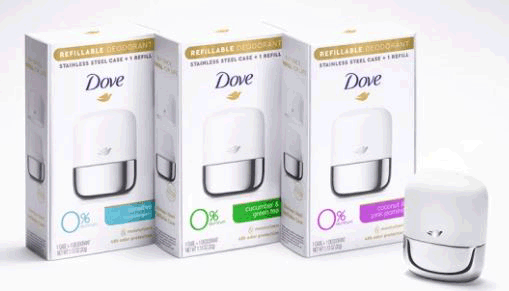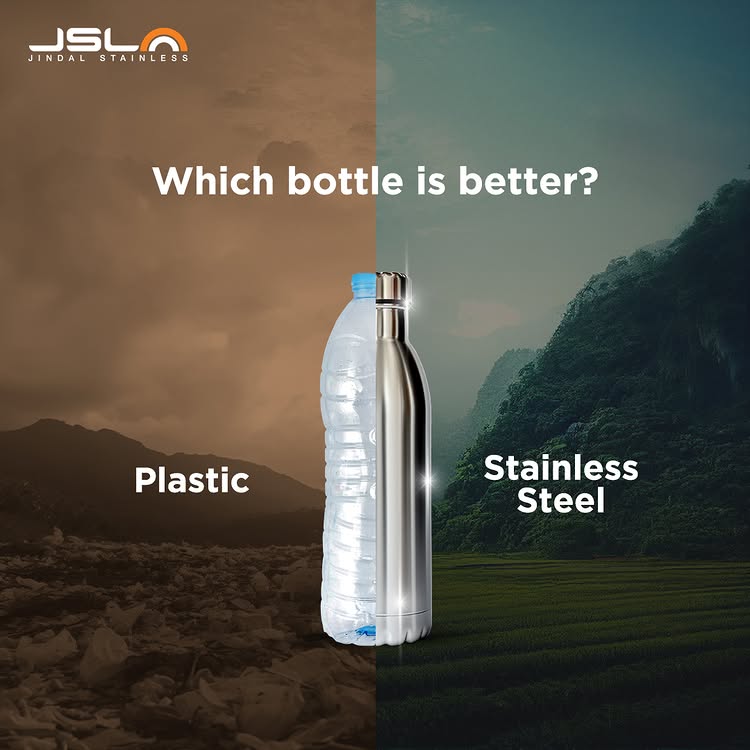18/10 Stainless Steel: Composition, Properties & Industrial Uses
September 12, 2025
When you pick up a gleaming spoon at a fine dining restaurant, unwrap a set of premium kitchenware, or walk through a modern architectural space, chances are you’ve come across 18/10 stainless steel. This alloy has built a reputation for its exceptional durability, resistance to corrosion, and long-lasting shine. But what exactly makes 18/10 so special? Let’s examine its composition, properties, applications, and the reasons why it remains the material of choice across various sectors.
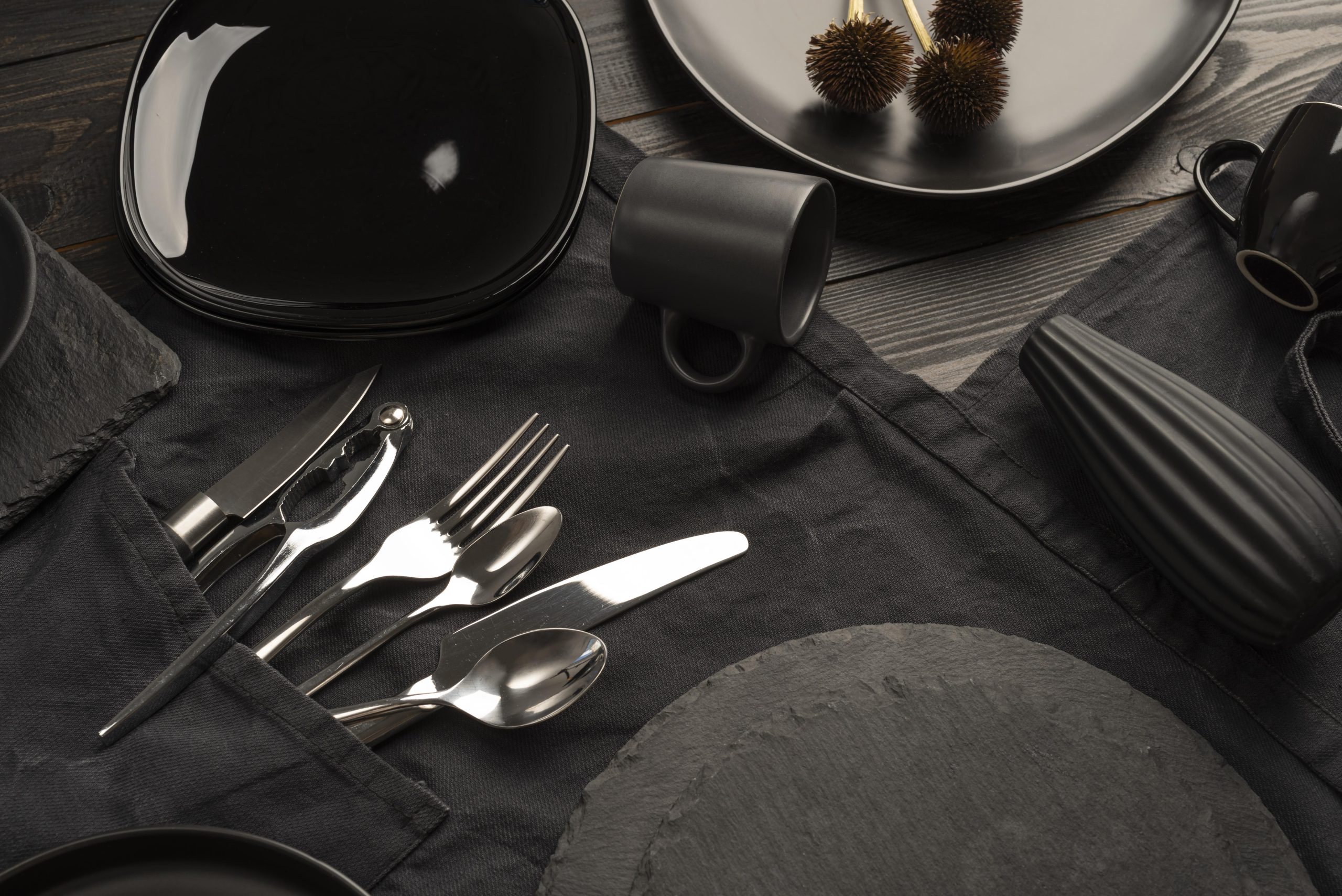
What is 18/10 Stainless Steel?
18/10 stainless steel is an alloy made of about 18% chromium and 10% nickel, with the rest being iron and trace elements. This balance of metals gives it excellent corrosion resistance, high durability, and a distinctive mirror-like shine.
In technical terms, 18/10 stainless steel falls under Grade 304, which is the most widely used stainless steel grade across the world. Its strength and versatility make it suitable for a wide range of applications. You will find it in everyday items like cutlery, cookware, and kitchen utensils, as well as in larger-scale uses such as food processing equipment, architectural finishes, and even surgical instruments.
Composition of 18/10 Stainless Steel
- 18% Chromium (Cr) – Chromium forms a passive layer of chromium oxide on the surface, which protects against corrosion. It also enhances hardness and durability.
- 10% Nickel (Ni) – Nickel contributes to stainless steel’s lustrous shine, smooth polish, and enhanced toughness. It also helps the alloy withstand both high and low temperatures.
- Iron (Fe) – The balance is primarily iron, providing structure and strength.
- Trace Elements (Manganese, Silicon, Carbon) – Added in small amounts to refine grain structure and improve manufacturing performance.
Key Properties of 18/10 Stainless Steel
1. Corrosion Resistance
Due to its 18% chromium content, this stainless steel develops a self-healing protective layer that shields it from oxidation. This makes it especially reliable in humid kitchens, outdoor environments, and even mildly acidic conditions.
2. Non-Reactive with Food
Unlike lower-grade materials, 18/10 stainless steel does not interact with acidic or alkaline foods, such as tomatoes, vinegar, or citrus. This makes sure that the taste, texture, and safety of meals remain uncompromised, making it ideal for cookware and cutlery.
3. High Strength and Durability
With its balanced composition of chromium and nickel, this stainless steel resists dents, scratches, and daily wear. Its structural integrity makes it equally valuable for heavy industrial equipment and household utensils.
4. Aesthetic Appeal
One of its standout qualities is its brilliant shine, which gives it a luxury look even after years of use. The polish also lasts longer compared to lower-grade stainless steels, reducing the need for replacements.
5. Temperature Resistance
This grade can withstand the high heat of cooking and sterilisation without losing its structure. At the same time, it remains stable at low refrigeration or freezing temperatures, making it suitable for diverse applications.
6. Ease of Fabrication
18/10 stainless steel can be easily moulded, welded, or machined into complex shapes. This allows manufacturers to create everything from intricate cutlery designs to large industrial tanks with equal ease.
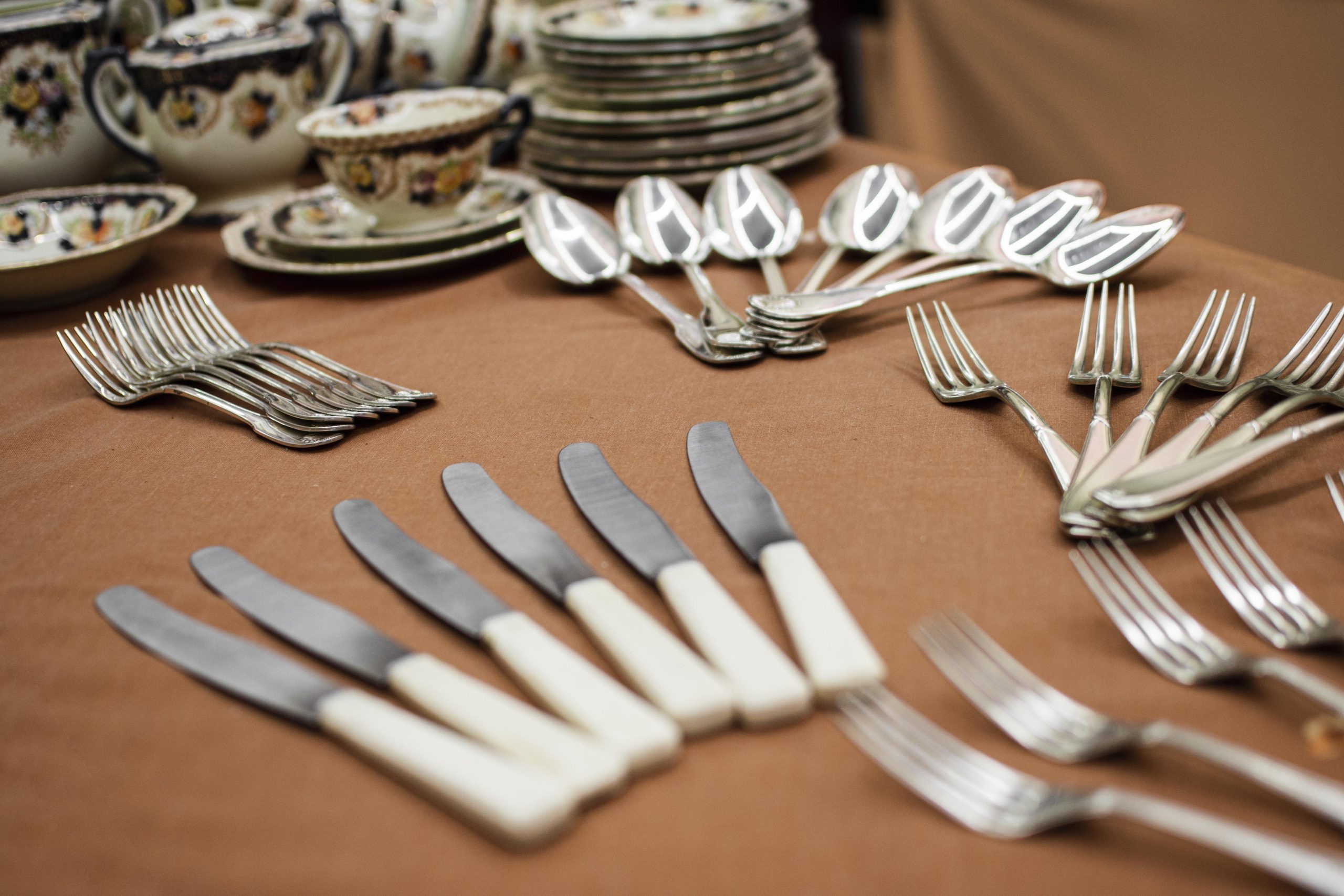
Industrial & Commercial Applications
- Food Processing Equipment: The food industry relies heavily on 18/10 stainless steel for its hygiene and corrosion resistance. From large-scale mixers to storage tanks, its non-reactive surface prevents contamination while allowing easy cleaning.
- Medical Instruments: In hospitals, sterility and durability are non-negotiable, making this stainless steel an obvious choice. Surgical tools, trays, and sterilisation equipment are crafted from this alloy to ensure safety and longevity.
- Chemical Industry Components: Exposure to acids, solvents, and harsh chemicals demands a material that can resist corrosion. Reactors, heat exchangers, and vessels built with 18/10 offer both strength and long-term reliability in aggressive environments.
- Architectural & Decorative Applications: Beyond industry, this grade is prized for its visual appeal in modern construction. Handrails, façades, and decorative panels maintain their lustre and strength even when exposed to the elements.
- Hospitality Sector: Hotels and restaurants depend on 18/10 stainless steel flatware and serving ware for their long-lasting shine and resilience. Dishwasher-safe and tarnish-resistant, it reduces replacement costs while enhancing guest experience.
18/10 Stainless Steel in Flatware and Cutlery
For flatware and cutlery, this grade sets the gold standard. Premium cutlery sets are almost always made of 18/10, as it offers unmatched shine, corrosion resistance, and durability.
Why households, hotels, and restaurants prefer it:
- Does not tarnish or pit, even after years of use.
- Dishwasher-safe and resistant to acidic foods like tomatoes or citrus.
- Retains a luxurious, polished look that complements fine dining.
- Longer lifespan compared to lower-grade cutlery (such as 18/8).
For this reason, 18/10 stainless steel cutlery is considered a long-term investment in both style and function.
Comparison: 18/10 vs 18/8 Stainless Steel
- 18/10 Stainless Steel – 18% chromium, 10% nickel. Superior shine, enhanced corrosion resistance, longer lifespan.
- 18/8 Stainless Steel – 18% chromium, 8% nickel. Still durable, but slightly less resistant to acids and not as lustrous.
While both are high-quality options, the extra nickel in 18/10 stainless steel makes it the preferred choice for luxury flatware, cookware, and industrial applications where longevity is crucial.
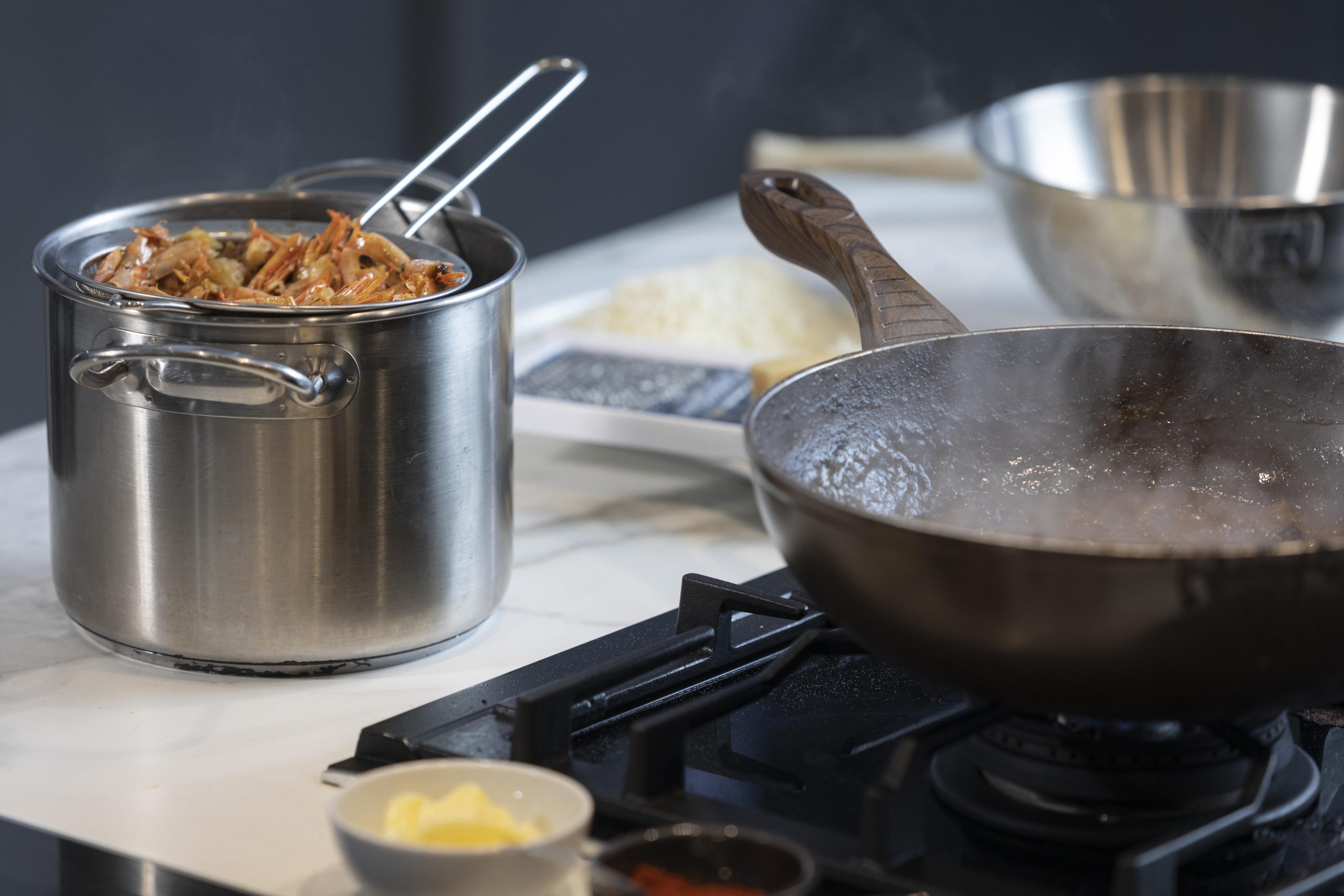
Advantages of 18/10 Stainless Steel
1. Long-Term Investment
While it may initially cost more than other grades, 18/10 pays off with its exceptional durability and long service life. You won’t need frequent replacements, which makes it a cost-efficient choice over time.
2. Resistant to Acidic Foods
Foods like tomatoes, vinegar, and citrus can damage lower grades of stainless steel, but 18/10 withstands them with ease. This makes it particularly useful for both home kitchens and professional catering.
3. Luxury Look and Feel
With its high nickel content, this grade retains a bright, mirror-like shine that doesn’t fade easily. Its smooth finish adds a sense of elegance.
4. Versatility
Strong enough for heavy-duty industrial equipment yet refined enough for cutlery, it adapts to a wide range of uses. Its reliability across different sectors is one of the reasons for its global popularity.
5. Hygienic and Easy to Clean
The non-porous surface prevents food particles and bacteria from sticking, ensuring high standards of hygiene. It also withstands repeated washing, sterilisation, and exposure to cleaning agents without losing its polish.
A Perfect Blend of Strength and Style
18/10 stainless steel (Grade 304) is a powerhouse material that combines strength, shine, and safety. Its unique composition of 18% chromium and 10% nickel ensures superior corrosion resistance, making it a long-lasting choice across industries and households alike.
From cutlery in your dining room to food-grade industrial tanks and medical instruments, its versatility is unmatched. If you’re looking for durability, safety, and elegance in one package, this stainless steel is the answer.

